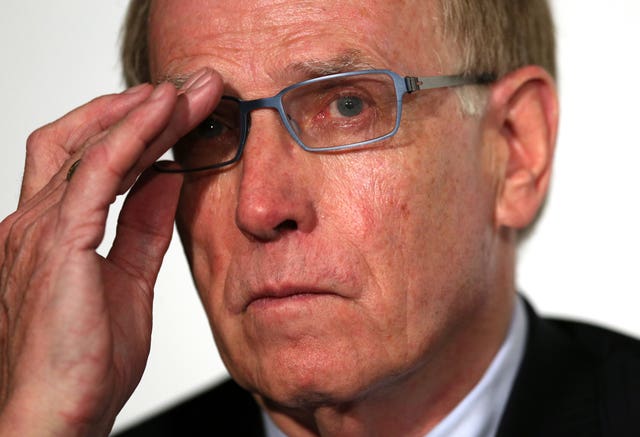The International Paralympic Committee (IPC) says it will conditionally lift the suspension of the Russian Paralympic Committee (RPC) next month despite its failure to fulfil a key aspect of its reinstatement criteria.
The decision means Russian athletes, who were barred from the Rio 2016 Paralympics and forced to compete as neutrals at Pyeongchang 2018, will be able to participate under their own flag in Tokyo next year.
The IPC said the RPC had complied all but one of its 70 criteria for reinstatement, the exception being its continued refusal to recognise the findings of the McLaren Report into systematic Russian doping in 2016.
IPC president Andrew Parsons said in a press conference: "The IPC task force was unanimous that neither the Russian Federation nor by consequence the RPC have accepted the McLaren Report.
"As a result the task force consider that the reinstatement criterium relating to the McLaren Report is not met.
"The IPC concluded that to much disappointment, Russia will most probably never accept the findings of the McLaren Report... therefore the Board was faced with a fairly straightforward question.

"Should we dig our heels in and continue waiting for a very unlikely response to the McLaren Report – a move which will keep the RPC suspended indefinitely and as a result Russian para-athletes ineligible to compete.
"Or do we consider whether it is possible to find another way forward for the RPC to comply with its IPC membership obligations. The board chose the latter, and chose to lift the suspension under strict conditions."
The World Anti-Doping Agency reinstated the Russian Anti-Doping Agency in September last year, a move which prompted the International Olympic Committee to lift its own ban.
However, a sanction imposed by athletics world governing body the IAAF remains in place.
The IPC took the lead in suspending Russia in August 2016 and Parsons stressed that sanctions would be swiftly reimposed if the nation failed to continue to comply with a number of conditions.
They include compliance with WADA and IPC anti-doping codes, the ability of relevant anti-doping bodies to conduct their activities in Russia without external inteference, and submitting their athletes to specific testing requirements.
Parsons added: "In August 2016, the IPC suspended the RPC because it was necessary and proportionate to the situation we faced and essential to ensure clean sport.
"Twenty-nine months later it is the IPC Governing Board's firm belief that keeping the RPC suspended is no longer necessary and proportionate to the situation we now face in Russia."










